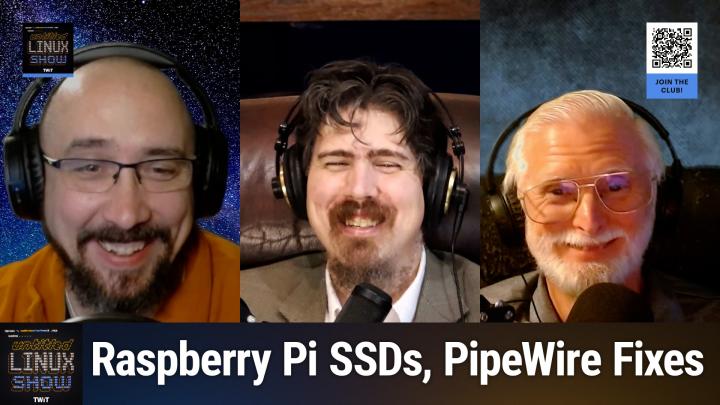The Removal of Russian Linux Kernel Maintainers
AI created, human edited.
In a significant development that has sparked some chat within the open-source community, the Linux Foundation has recently removed approximately two dozen kernel maintainers, all sharing one common characteristic: their Russian email addresses. This action, as discussed in detail on The Untitled Linux Show, raises important questions about the intersection of open-source software, international sanctions, and protected speech.
The Initial Action
The removal of these maintainers, many of whom were affiliated with Russian companies like Baikal (which produces ARM-based CPUs used in military applications), was initially carried out quietly. However, after community pushback, a core kernel maintainer clarified that the action was taken based on guidance from Linux Foundation lawyers regarding US OFAC (Office of Foreign Assets Control) sanctions.
The Legal Framework
The decision stems from specific guidelines related to the US OFAC SDN (Specially Designated Nationals) list. According to the clarification provided, individuals employed by or controlled by companies on this sanctions list cannot be included in the MAINTAINERS file. This particularly affects the Linux Foundation, given its US-based status and the fact that key figures like Linus Torvalds and Greg KH operate from within the United States.
The Chinese Exception
An interesting wrinkle in this situation emerged when community members questioned why maintainers from sanctioned Chinese companies, particularly Huawei, weren't similarly affected. The response from kernel maintainers revealed that different rules and regulations exist within these sanctions, with Chinese companies currently operating under an exception that isn't available to Russian entities.
The Deeper Concern
Perhaps the most troubling aspect of this situation, as highlighted by host Jonathan Bennett, came from a statement by kernel maintainer James Bottomley. He expressed hope that "this action alone will be sufficient to satisfy the US Treasury Department" and that they "won't also have to remove any existing patches."
This statement suggests potential pressure from the US Treasury Department not just about maintainer status, but possibly about existing code contributions - a prospect that Bennett argues could be legally problematic, given that:
- Code is protected as speech under the First Amendment in the United States
- The potential removal of existing patches could severely impact the kernel's functionality
- The precedent it would set for government intervention in open-source projects
Community Response
The community reaction has been mixed, with Linus Torvalds himself weighing in on the kernel mailing list. While acknowledging his Finnish background and personal feelings about Russia, Torvalds attributed some of the pushback to "Russian troll farms" - a characterization that some, including Bennett, found oversimplified and potentially dismissive of legitimate concerns from the global open-source community.
Implications for Open Source
This situation raises crucial questions about:
- The balance between international sanctions and open-source collaboration
- The role of government oversight in software development
- The practical implications of removing historical code contributions
- The future of international collaboration in open-source projects
The Linux Foundation's handling of this situation could set important precedents for how open-source projects navigate international sanctions and government oversight. The community awaits clarity on whether the removal of maintainers will satisfy regulatory requirements or if further actions regarding existing code contributions might be necessary.
Want to hear the full discussion and analysis? Check out the latest episode of The Untitled Linux Show, where hosts Jonathan Bennett, Ken McDonald, and Rob Campbell dive deep into this issue and other stories involving the open-source community.
